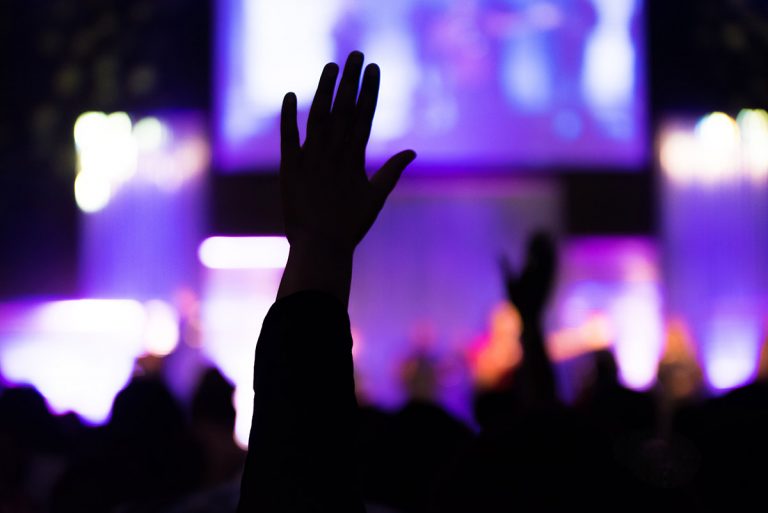Healthcare and the Church: But What is the Church?
[Since I have readers from a variety of viewpoints, let me note that the following is written from within the Christian tradition and to those in that tradition. It’s OK to read, of course, but it’s unlikely to be of great interest to non-Christians.]
Mark at Pseudo-Polymath has started a discussion on health care and the church and I have become involved. His latest post is here, which responds to some of my personal reflections as I begin posting. I have some further personal reflections, based on the five year battle with our son’s cancer. But those personal reflections are intended to lead to some thinking about the broader role of the church. My posts on this subject are in no way intended to be thoughts of an expert. I am far from an expert on this topic. But they are reflections from the consumer’s point of view on the health care system, and from the church perspective from one deeply involved in church activity.
I want to post just a few thoughts and questions here. My problem in thinking about this discussion has been that it is very easy to shift the discussion from the role of the government to the role of the church without changing the actual content. In other words, I can make this a debate over how much is the role of the government, and how much the role of the church. I can prepare a list of programs, and ask whether the church or the government (or some other private group) should carry them out.
That might result in a list of church programs: Education on death and dying, end of life care, support for individuals undergoing treatment and for their families, prayer, economic assistance (I know very well how demanding illness can be on one’s pocketbook even with good insurance), good lifestyle and health education and training, and so forth. I intentionally left out most of the spiritual things from that list (except prayer) because we often simply tack those on.
It seems to me that the church has become more of an adjunct to our secular lives, a club to which we belong, rather than our spiritual center. I’ve been reading Acts 2 as part of my lectionary readings lately, and it strikes me that the church that was breaking bread together and worshiping together constantly, sharing all their good, and so forth, was much more than an adjunct to the lives of those early disciples. I think they believed they were living at least a part of the kingdom of God. That fellowship was the central part of their lives.
Any health care related program of the church may be helpful, but it cannot be most helpful unless the church feels and acts like a body, the body of Christ in service to the world. Only in that case do we really have the ability to respond full to those within and without. In general, when a family in the church has a problem, it’s their problem with which we (the rest of the church members) may help them. It’s not our problem.
Should healing be an adjunct to our other activities, something we do as a program, or should it perhaps be an essential part of living as the body of Jesus Christ in the world? This is the question that’s been hitting me as I have been thinking about this. My father’s church, the Seventh-day Adventists, established health care facilities all over the world as a means of evangelism. Perhaps there is another step here, where the church in general establishes (or becomes) such facilities in order to be Jesus in the world. We’d then operate them in such a way as to look as much like Jesus in action as possible.
I don’t know precisely what this would look like, but I think it would look much different than what we have. The problem with resolving end of life care issues is not so much in knowledge, though knowledge is necessary, but in support.
Let me illustrate. The hardest moment in my son’s illness was not the day he died, but several months earlier. My wife was on a mission trip in eastern Europe. I had no means to contact her by e-mail. I was here alone with James. I had to call the doctor and get the results of a scan. Those results said that the cancer had returned in four places. Now theres knowledge, and then there’s the ability to apply the knowledge, to take the steps one has to take.
My knowledge was not adequate. I needed the support of my family and my church in order to work through the situation and take care of it. It seems to me that this is the most important consideration. No amount of training is going to help if we’re not there at the time of need. Being the church in some sense means that we are there at the right time.


Lots to think about here, but I do agree with what I think is your emphasis on the churches role in healthcare needs to evolve from the central fact that the church should be a community of believers that responds in a way that would be more akin to one body (The “us” having a problem) rather than a separate entity trying to help another (The “they” having a problem that “we” fix).
A little off the topic, but I think this relates, we have moved around a lot recently in the past few years for various reason. What we have found that is most missing at nearly all the churches we attend is that sense of Christian Community. We have felt very unsettled because of this and have come to understand that perhaps this is a time of trial for us. But we often wonder where the sense of community will come from and why we don’t experience it. Of course we have responsibilities to provide community not just experience it, and perhaps that is where our knowledge is lacking.
I can’t imagine dealing with the healthcare issues that you have shared in your posts, through the church as we experience it now. But I do agree in principle that the church needs to reform it’s sense of community in order to provide the all important “being there at the right time” that you conclude your post with. That would be a great start to adressing healthcare as it should be carried out within the church.
I think that some of the recent internal struggles of the church over matters that are pressing in on us from secular society have wounded our community more than we wish to acknowledge. If we want to return to community, stripping away that which is hurting us will allow healing and community to re-form in my opinion.